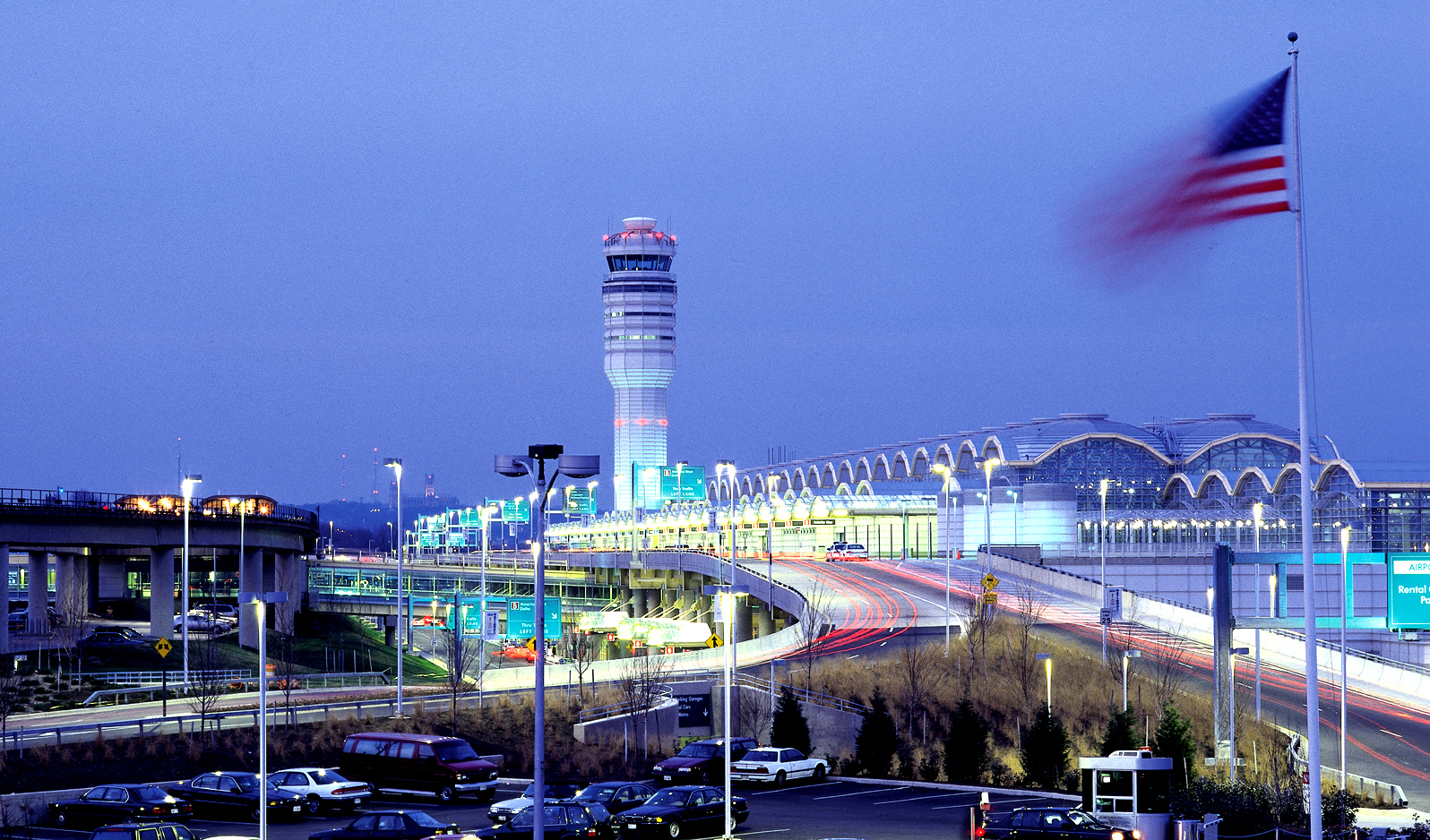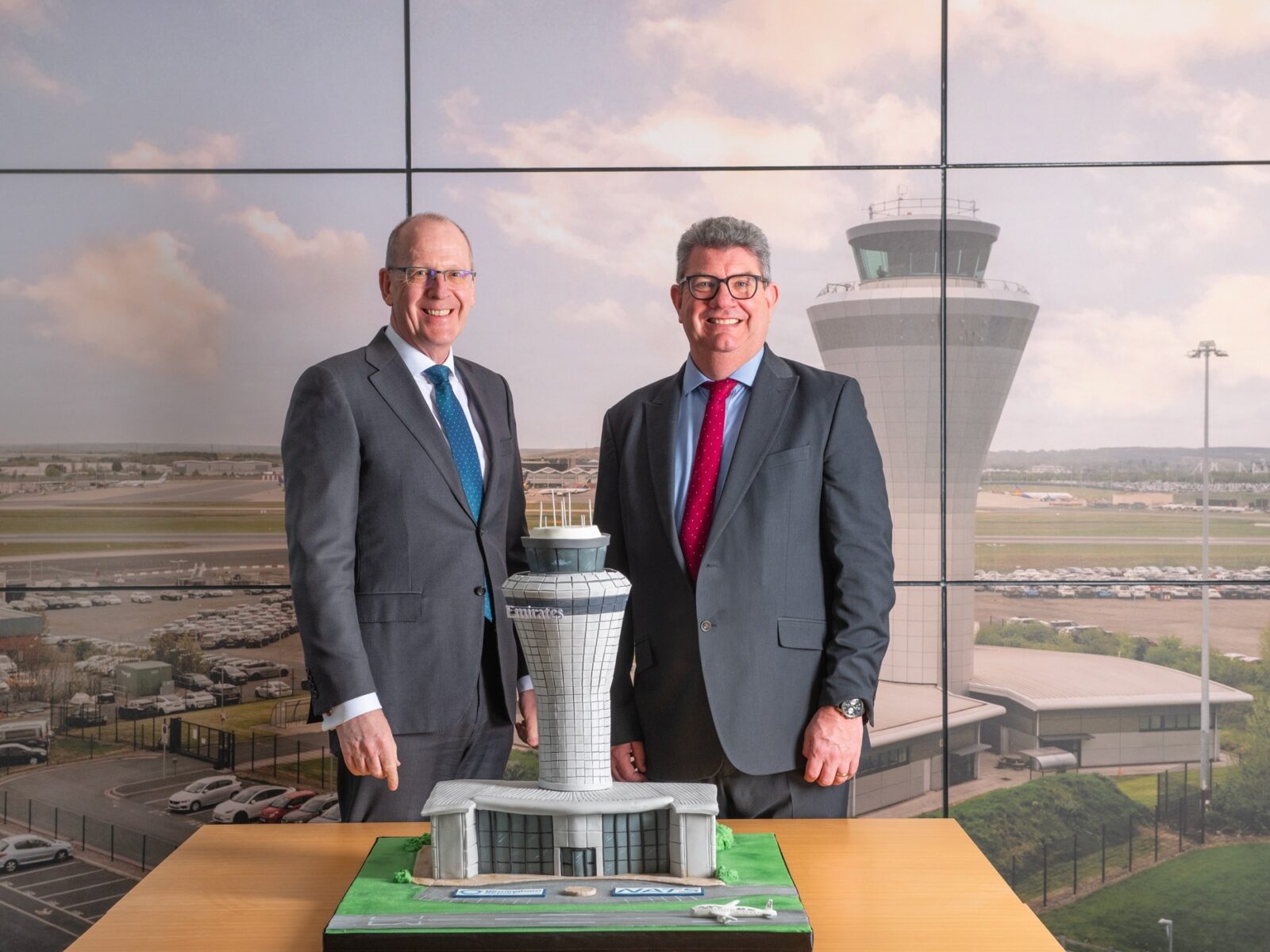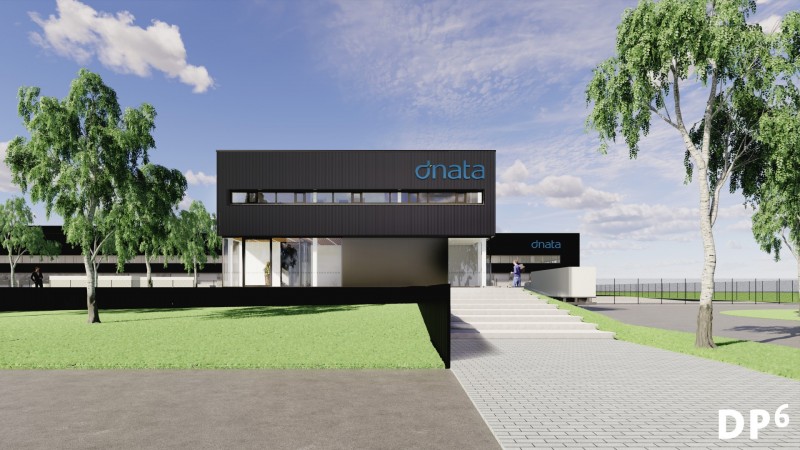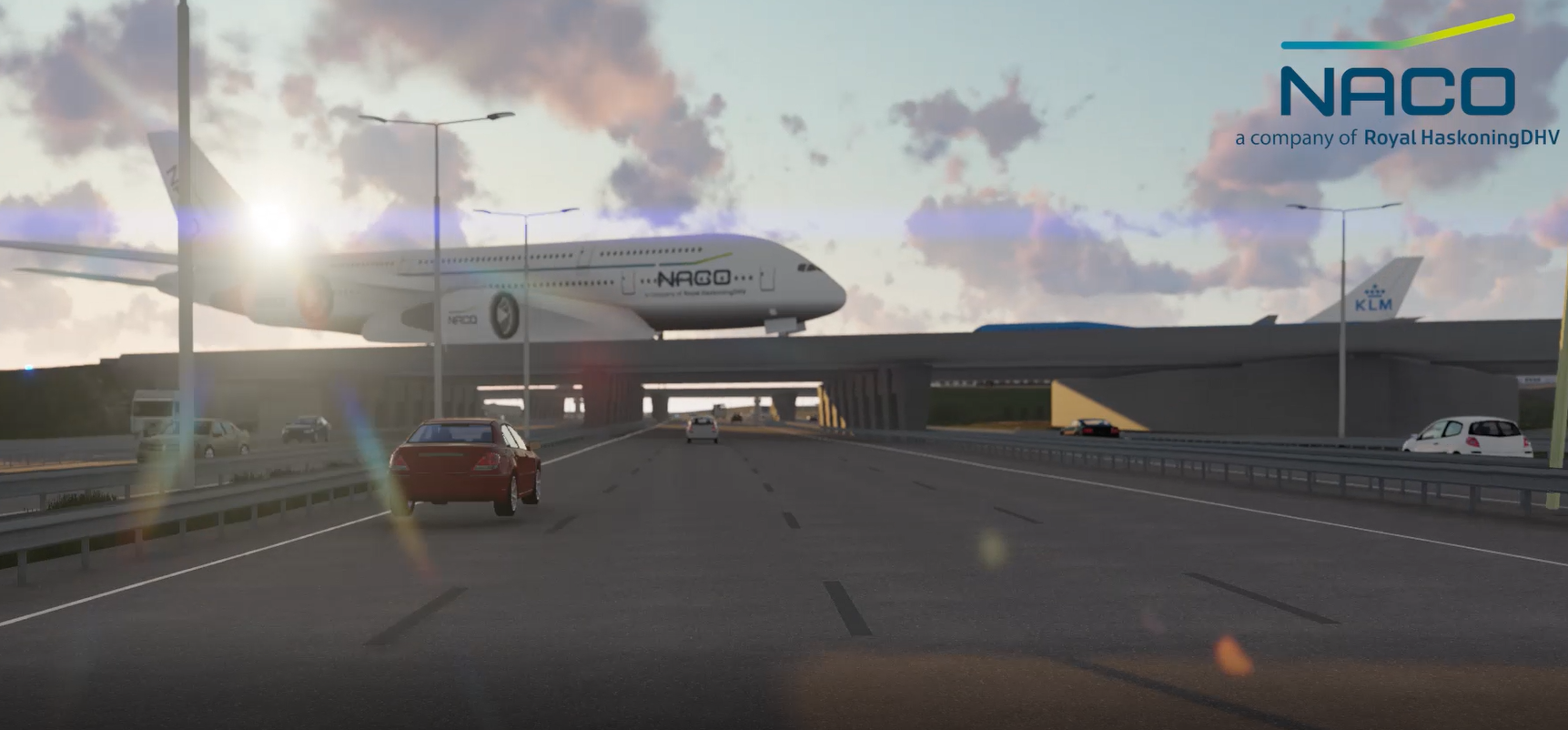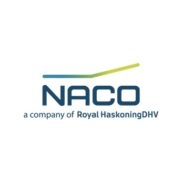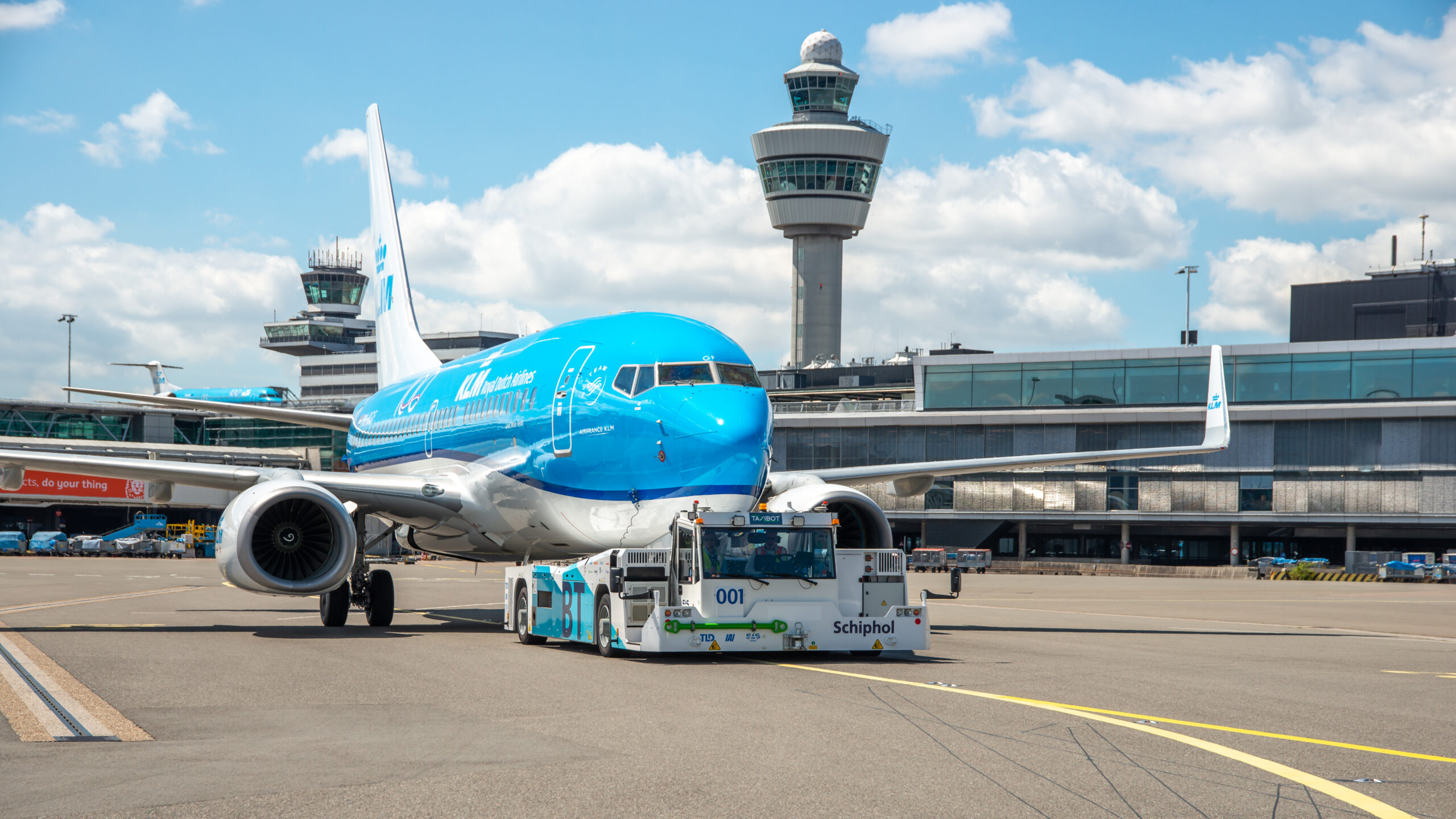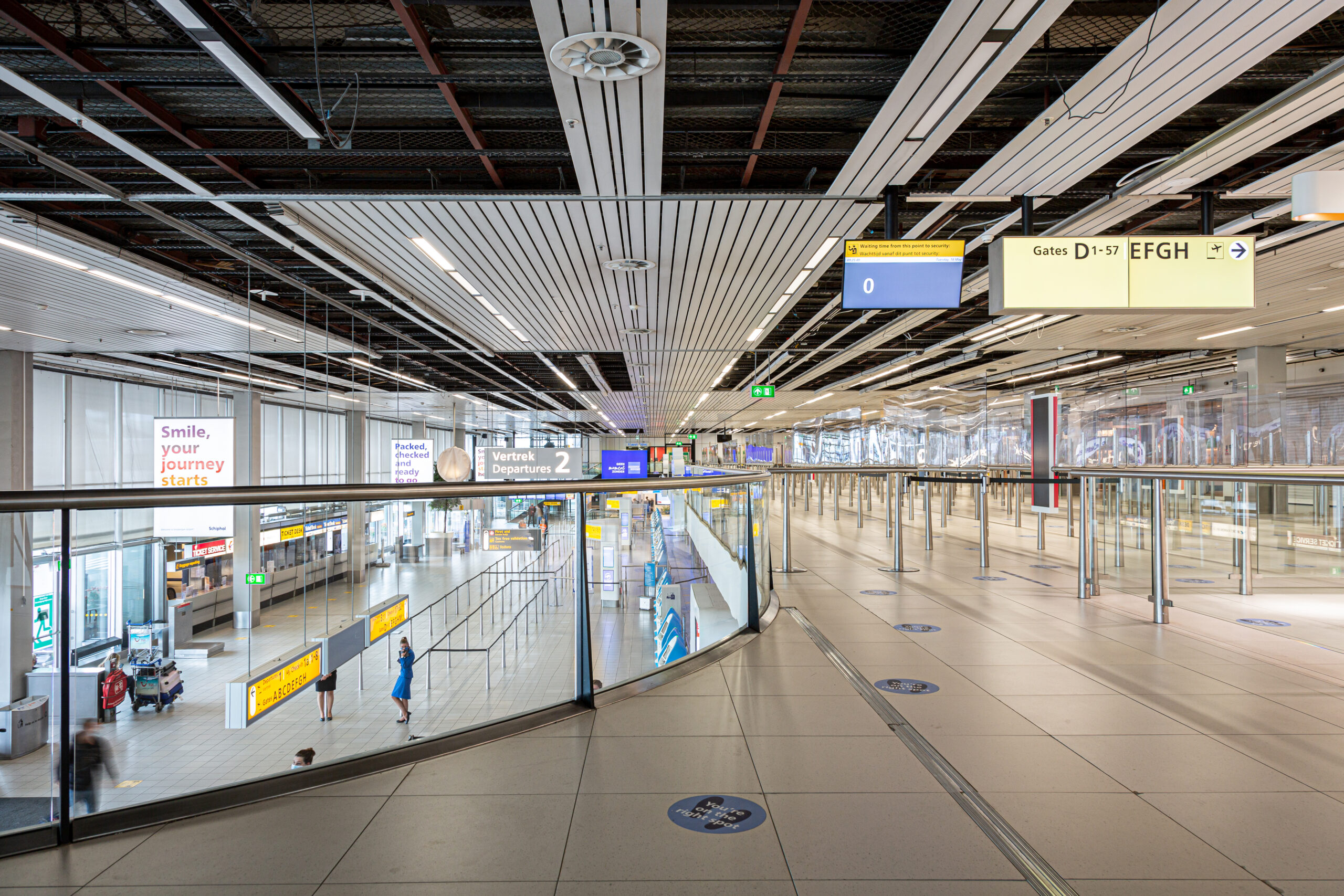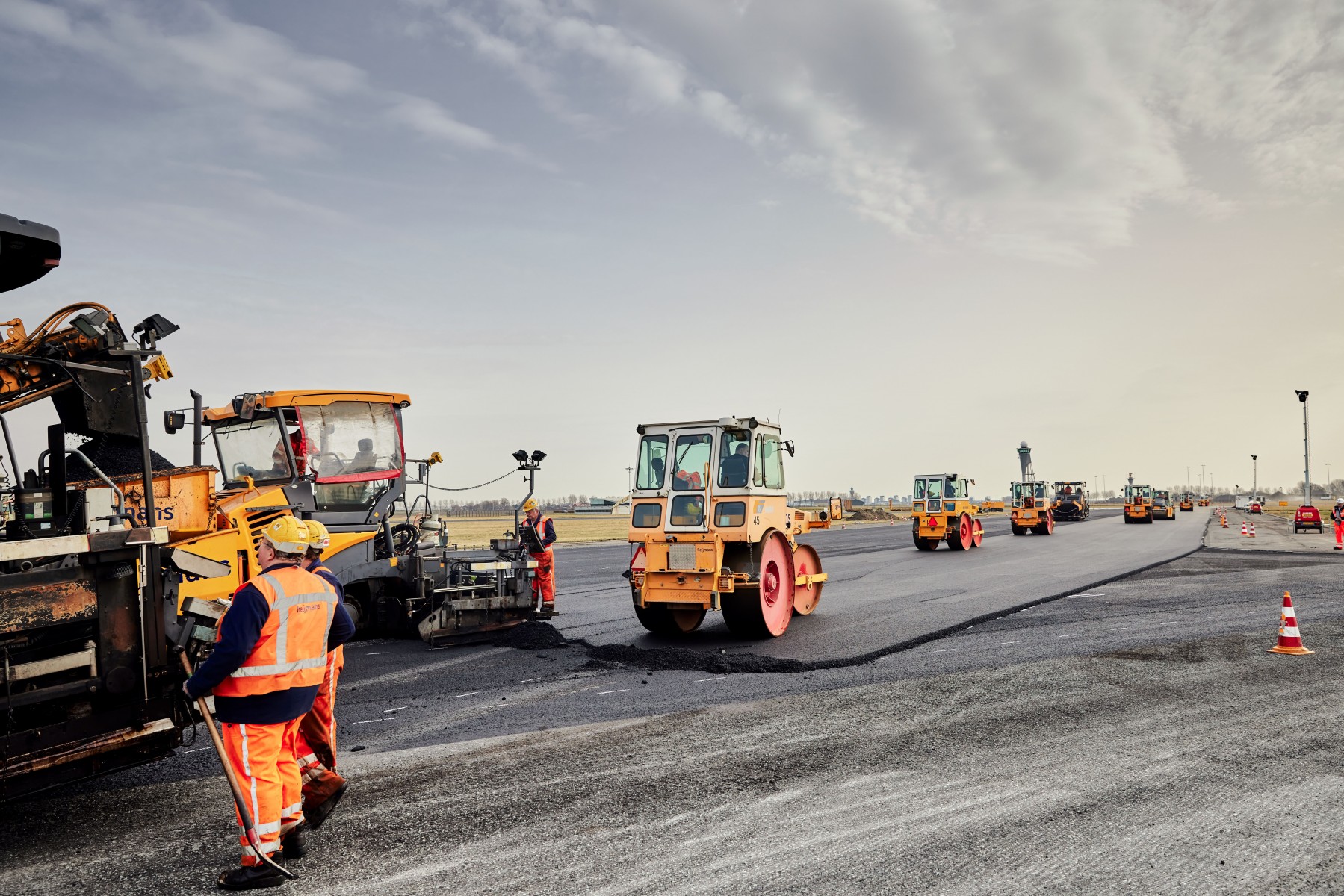Amsterdam Airport Schiphol has announced plans to buy two TaxiBots to tow taxiing aircraft more sustainably.
The towing vehicles are used to take aircraft to and from the runway, allowing the aircraft engines to stay largely switched off. Schiphol is buying two of these TaxiBots from Smart Airport Systems to arrive at the airport in 2022.
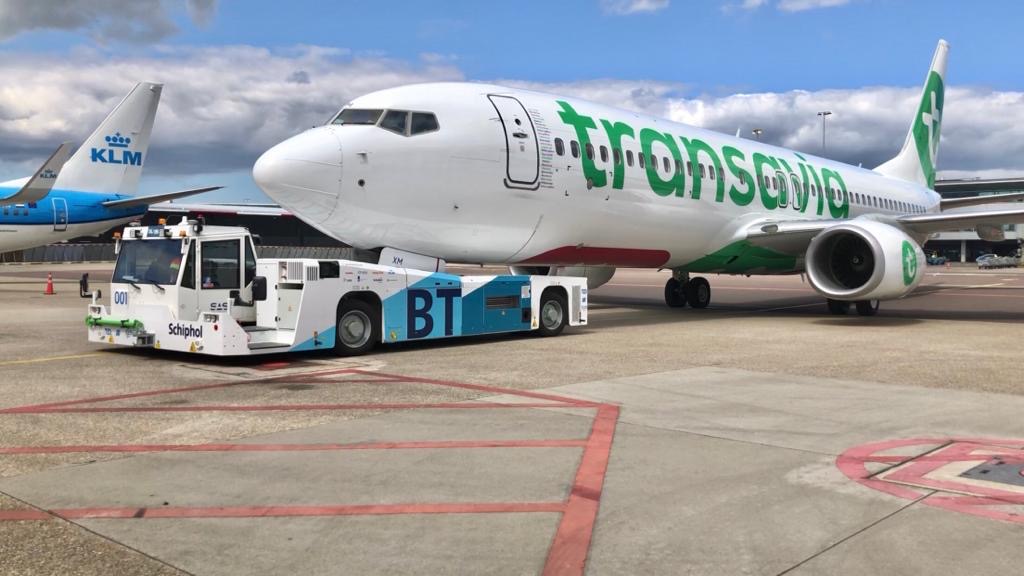
The TaxiBots are being trialed as part of the ALBATROSS project, a European initiative aimed at developing more sustainable flight operations.
A previous trial at Schiphol revealed that more fuel-efficient taxiing with TaxiBots consumes around 50 percent less fuel, which consequently lowers CO2, nitrogen and ultrafine particle emissions. Due to the greater distance, this fuel saving could reach up to 65 percent when aircraft taxi to the Polderbaan runway.
Dick Benschop, CEO of Royal Schiphol Group, said:2022 is a crucial year for sustainability in the aviation sector. We are accelerating measures to reduce emissions and improve local air quality. That's important for the climate, our employees and local residents. We're Europeans first and one of the few airports worldwide working on implementing sustainable taxiing on a large scale. Schiphol is a frontrunner, which makes me proud.
Schiphol Airport has co-ordinated with Air Traffic Control the Netherlands (LVNL) alongside the relevant airlines and ground handling companies to ensure more fuel-efficient taxiing will become a standard procedure at the airport.
Modifications to infrastructure are already being made to enable the TaxiBots to operate to and from Schiphol’s Polderbaan runway. For example, markings on the asphalt will ensure aircraft stop in the right place to be disconnected from the towing vehicles. Roads will also be widened to enable the TaxiBots to drive to and from the Polderbaan runway without disrupting other taxiing traffic.
This investment advances Royal Schiphol Group’s goal of having an emission-free ground operation at its Dutch airports by 2030.



